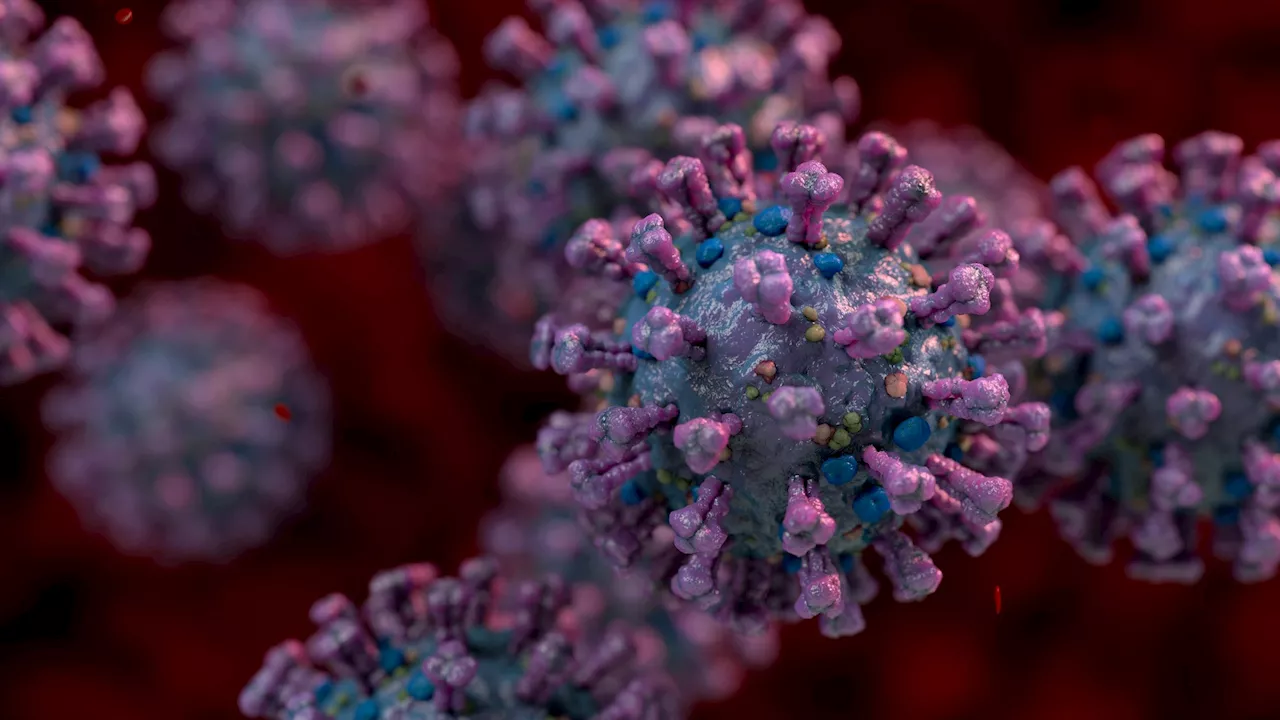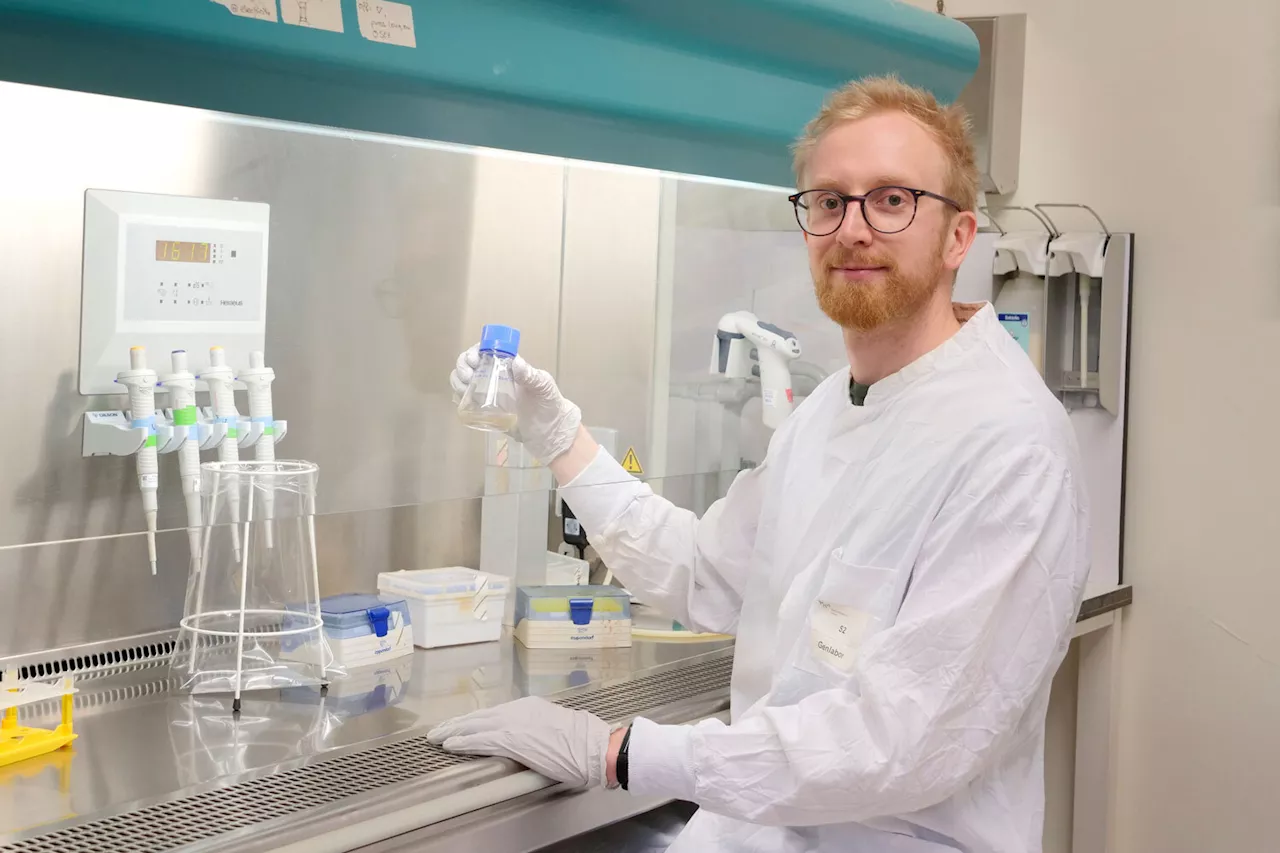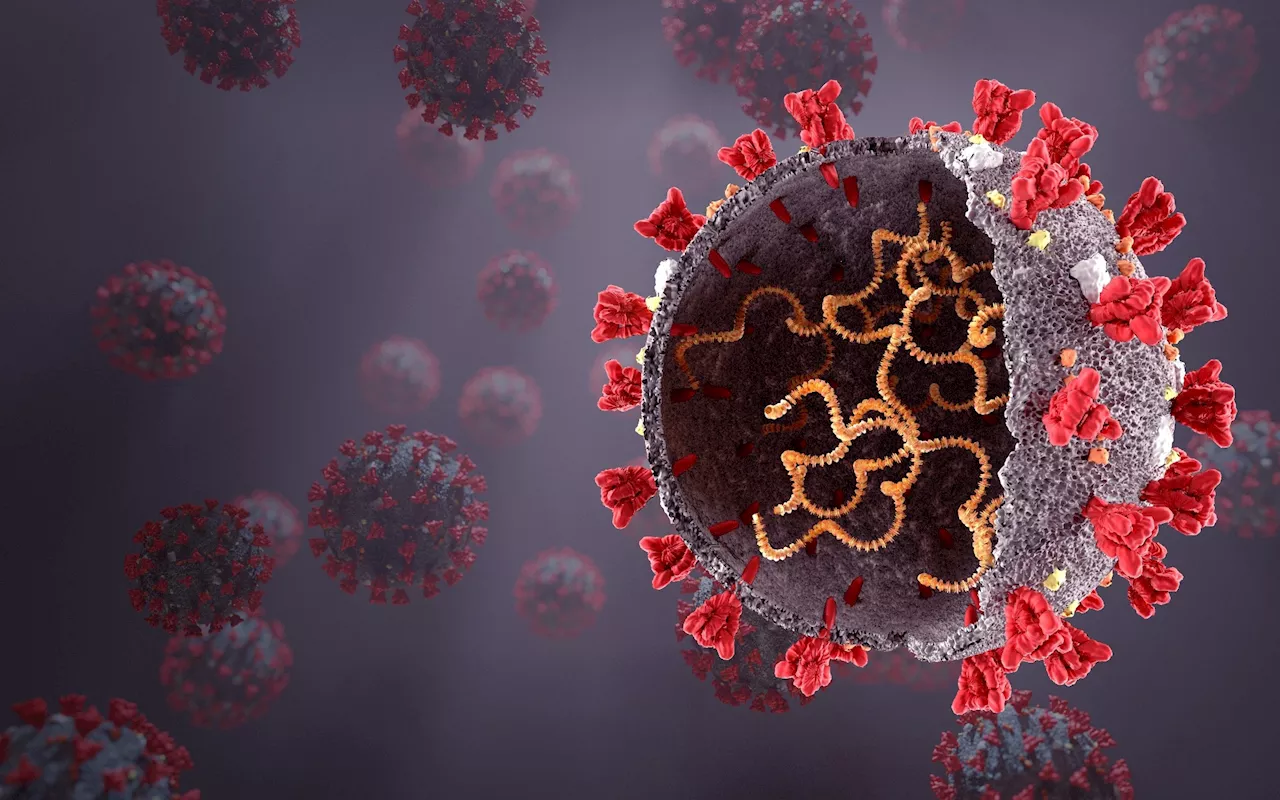Study on the bioRxiv server reports that the SARS-CoV-2 KP.2 variant, despite lower infectivity, shows significant immune resistance and higher transmissibility compared to other variants, potentially impacting global public health and vaccine efficacy.
By Vijay Kumar MalesuApr 29 2024Reviewed by Susha Cheriyedath, M.Sc. In a recent preprint* study posted to the bioRxiv server, a team of researchers analyzed the virological characteristics and epidemiological impact of the Severe Acute Respiratory Syndrome Coronavirus 2 FLiRT variant KP.2, which has demonstrated increased transmissibility and immune resistance.
Background The rapid emergence and diversification of the JN.1 variant and its descendant, KP.2, which shows significant alterations in spike protein structure and increased resistance to existing vaccines, underscore the necessity for further research to understand the implications for public health and vaccine development.
For the neutralization assays, serum samples were collected from individuals in various immunization and infection states. These included vaccinated individuals both with and without prior infections and those who had recovered from specific variant infections. Each serum sample was tested in quadruplicate against pseudoviruses harboring different S protein mutations.
SARS-Cov-2 Coronavirus Lentivirus Protein Pseudovirus Public Health Research Respiratory Severe Acute Respiratory Severe Acute Respiratory Syndrome Syndrome Vaccine Virus
United States Latest News, United States Headlines
Similar News:You can also read news stories similar to this one that we have collected from other news sources.
 Study reveals how SARS-CoV-2 hijacks lung cells to drive COVID-19 severityResearchers identified how SARS-CoV-2 targets and manipulates specific lung cells, using innovative techniques to trace the virus's impact on the cells' gene expression, revealing insights into early COVID-19 pathogenesis.
Study reveals how SARS-CoV-2 hijacks lung cells to drive COVID-19 severityResearchers identified how SARS-CoV-2 targets and manipulates specific lung cells, using innovative techniques to trace the virus's impact on the cells' gene expression, revealing insights into early COVID-19 pathogenesis.
Read more »
 Study reveals age-specific differences in nasal cells' response to SARS-CoV-2Important differences in how the nasal cells of young and elderly people respond to the SARS-CoV-2 virus, could explain why children typically experience milder COVID-19 symptoms, finds a new study led by researchers at UCL and the Wellcome Sanger Institute.
Study reveals age-specific differences in nasal cells' response to SARS-CoV-2Important differences in how the nasal cells of young and elderly people respond to the SARS-CoV-2 virus, could explain why children typically experience milder COVID-19 symptoms, finds a new study led by researchers at UCL and the Wellcome Sanger Institute.
Read more »
 Study Investigates the Influence of SARS-CoV-2 Infection on Children's Asthma RiskA recent study published in Pediatrics examines the relationship between SARS-CoV-2 infection and the onset of asthma in children.
Study Investigates the Influence of SARS-CoV-2 Infection on Children's Asthma RiskA recent study published in Pediatrics examines the relationship between SARS-CoV-2 infection and the onset of asthma in children.
Read more »
 Study highlights how age affects nasal cell response to SARS-CoV-2Researchers reveal age-related differences in nasal epithelial cell responses to SARS-CoV-2, showing variations in cell types and viral dynamics across pediatric, adult, and older adult groups.
Study highlights how age affects nasal cell response to SARS-CoV-2Researchers reveal age-related differences in nasal epithelial cell responses to SARS-CoV-2, showing variations in cell types and viral dynamics across pediatric, adult, and older adult groups.
Read more »
 New vaccine promises broad protection against SARS-CoV-2 and other sarbecovirusesResearchers at Georgia Tech and the University of Wisconsin have created a broad-spectrum vaccine capable of defending against various SARS-CoV-2 variants and related bat coronaviruses.
New vaccine promises broad protection against SARS-CoV-2 and other sarbecovirusesResearchers at Georgia Tech and the University of Wisconsin have created a broad-spectrum vaccine capable of defending against various SARS-CoV-2 variants and related bat coronaviruses.
Read more »
 How B cells recognize new variants of SARS-CoV-2B cells are part of the immune system's memory. Their memories of previous infections or vaccinations provide the template for antibodies that have a protective effect the next time they come into contact with a pathogen.
How B cells recognize new variants of SARS-CoV-2B cells are part of the immune system's memory. Their memories of previous infections or vaccinations provide the template for antibodies that have a protective effect the next time they come into contact with a pathogen.
Read more »
